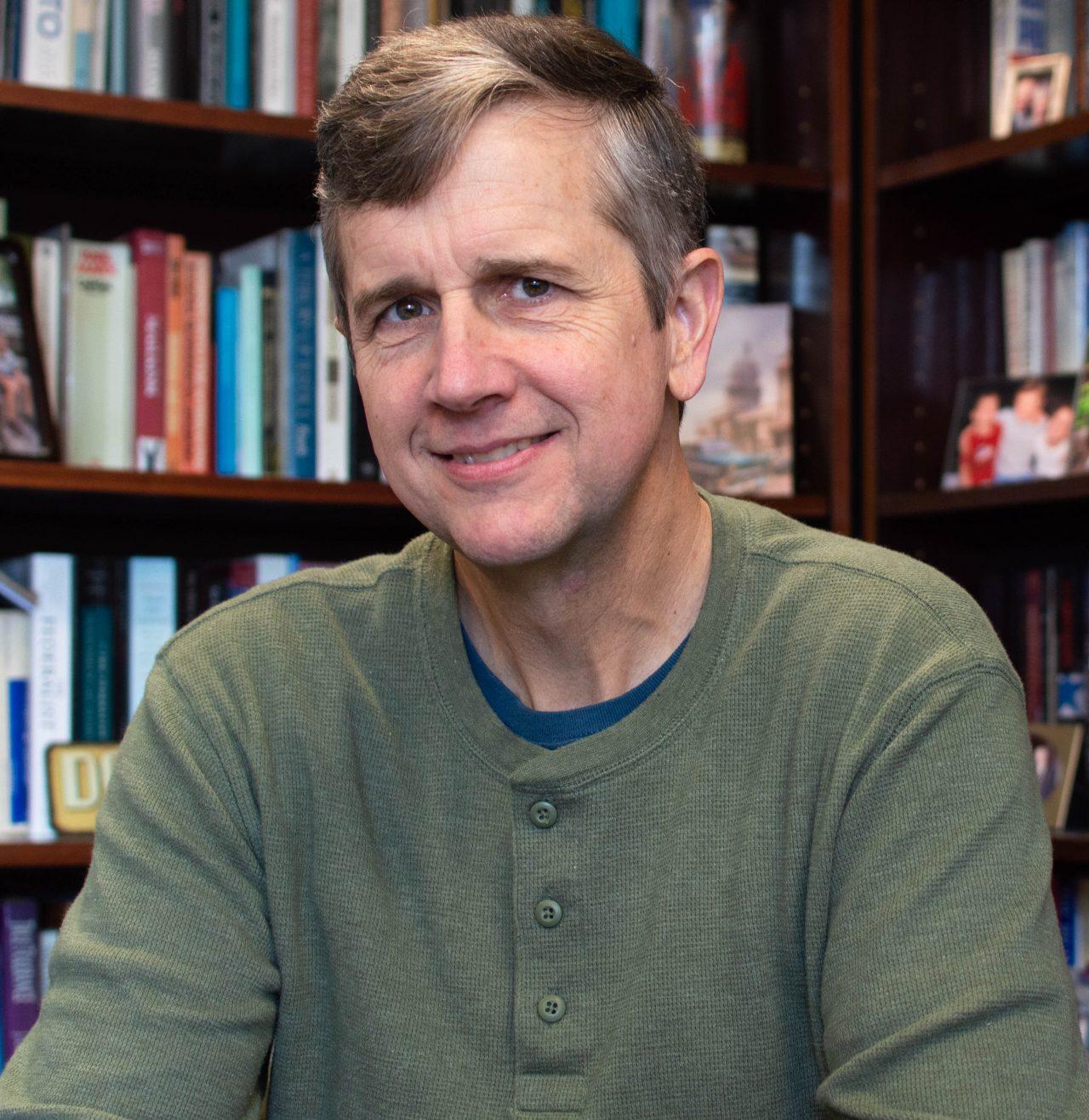Photo by Elizabeth Nelson
Donald Trump has become the third president in United States history to be impeached by the House of Representatives. On Dec. 18, 2019, Trump was charged with abuse of power and obstruction of Congress. The charges were largely based on Trump’s decision to withhold military aid from Ukraine, supposedly to gain leverage over political rival Joe Biden. Currently, he is facing a formal trial in the Republican-majority Senate in which a party-line vote to acquit him is expected.
Political organizations on campus, including Trinity Progressives (T-Prog), Young Conservatives of Texas (YCT) and the newly formed Young Democratic Socialists of America (YDSA), do not plan to hold events in reaction to the impeachment, but they are gearing up for this semester.
David Crockett, chair of the Department of Political Science, explained that the impeachment process is far from over. Thought the House of Representatives voted for impeachment by a simple majority, it will be much harder to convict through the Senate in which there will need to be a two-thirds vote.
“The idea of a two-thirds vote in the Senate is to add that much more protection against this being a very bad process. But, the consequence, of course, is that it’s very, very hard to do that, so you have to have very clear evidence that’s going to convince a lot of people. With the development of political parties, it makes it that much more important,” Crockett said.
According to Crockett, the process has demonstrated how politics in the United States is based on party-line alliances.
“I think the impeachment process is reflective of the level of polarization we have in this country now, and the fact that the partisanship behind the process is so strong and stark is a reflection of that polarization. It seems quite likely to me that the process itself will lead to increasing polarization if that’s possible,” Crockett said.
Aaron Delwiche, professor of communication, believes that the amount of information could make the process more difficult.
“One of the problems is the sheer volume of evidence that has been unearthed by investigators: text messages, handwritten notes, first-hand accounts, interviews with witnesses. I’ve always thought that it would be *good* for prosecutors to have access to piles of evidence, but this only works if jurors actually read the evidence and are serious about their commitment to objectivity and the rule of law,” Delwiche wrote in an email interview.
According to Delwiche, this process has been confusing for the public.
“Many Americans feel overwhelmed by the flood of information and conflicting stories from White House officials. This seems to be part of President Trump’s strategy. But we all need to pay attention. These are important charges and it’s safe to say that the future of American democracy is at stake,” Delwiche wrote in an email.
Furthermore, much of this information has been inaccurate.
“Information related to this case is regularly manipulated and misconstrued. Even President Trump’s most ardent defenders would have to acknowledge that he often does not speak the truth. According to a recent study from the Washington Post, President Trump has lied more than 16,000 times since taking office. That’s an awful lot of lies,” Delwiche wrote.
Sophomore Moses Horne, organizational relations for T-Prog, believes that voters will see the proceedings as significant.
“I think it’s definitely doing a lot to divide people based on partisan lines even more than they were before because it’s a big deal,” Horne said.
Horne added that voters’ opinions in the upcoming 2020 presidential election will be influenced by the impeachment process.
“It’s shown that he’s a pretty weak president. And people don’t want, especially people that voted for him, don’t want a weak president,” Horne said.
T-Prog will mainly be focused on voter registration this semester regardless of the outcome of the Senate trial.
Sophomore Nathan Darsch, vice president and campaign coordinator of YCT, reflected on the House proceedings.
“It actually surprised me that they went through with it because neither one of them list a specific crime that Trump committed,” Darsch said.
Darsch believes that the impeachment is politically motivated.
“At this point, I’m just sick and tired of impeachment. And it kind of confirms to me that the Democrats don’t really care if he committed a crime or not. They just want to use it to make gains politically and monetarily,” Darsch said.
YCT’s semester plans will not be influenced by the impeachment either.
Sophomore Victoria Henretty, co-chair of YDSA, was disappointed in the timing of the impeachment trials.
“For it to happen at the end of his term, I think is really weak of the political system when something could have happened much sooner. Ultimately, I think this is good that it’s happening and he’s being held accountable, but he should’ve been held accountable much sooner and for things that have hurt people in the past. This seems to be more for show than it is to be of enforcing any sort of law,” Henretty said.
Henretty explained that YDSA will be focused on tackling more systematical problems that they see within the political system.
“A lot of the issues we have now existed before Trump was in office. For example, the conflict with Iran. The United States has a long history of imperialism, and he’s just one piece to that,” Henretty said.
This is the most up-to-date information as of January 22, 2020.







